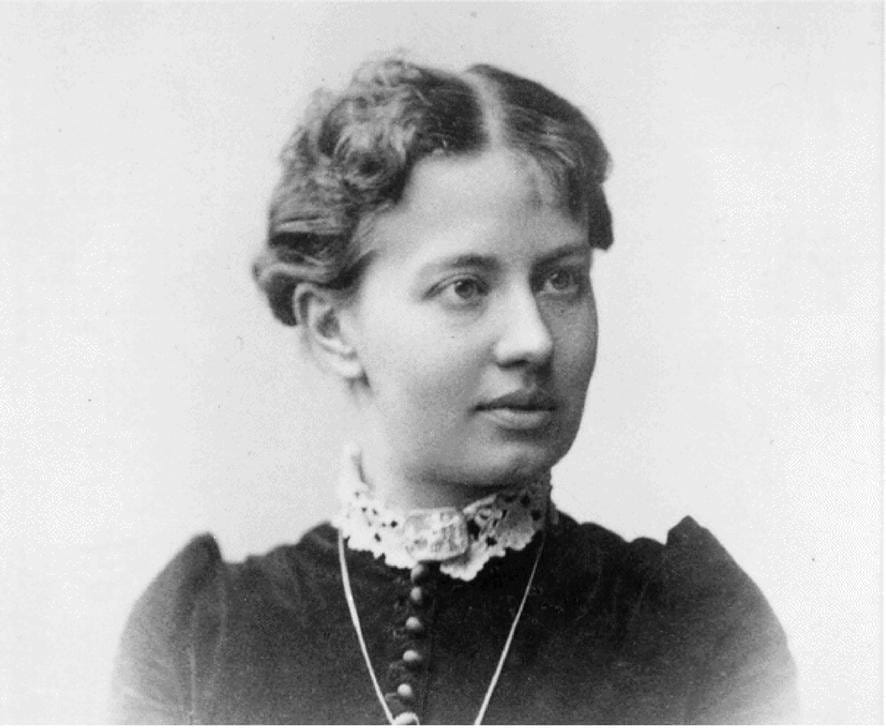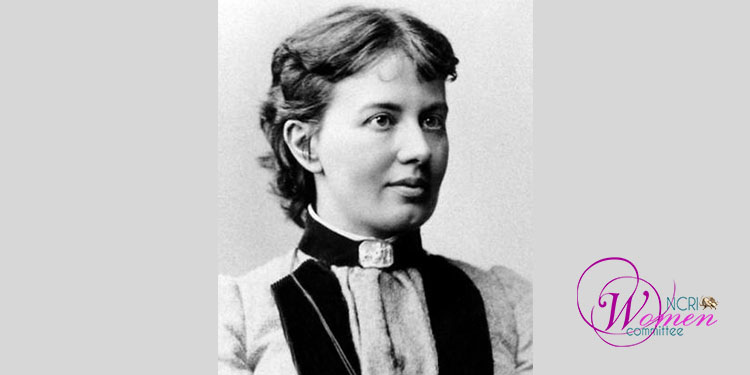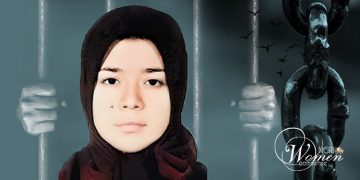Sofia Vasilyevna Kovalevskaya (15 January 1850- 10 February 1891) was a pioneering Russian mathematician whose groundbreaking work in analysis, partial differential equations, and mechanics has left an indelible mark on the field. Born in Moscow, she defied the societal norms of 19th-century Russia, where women were barred from attending universities. Determined to pursue her education, she studied mathematics in Europe, first at the University of Heidelberg and later under the mentorship of the esteemed mathematician Karl Weierstrass in Berlin.
In 1874, Kovalevskaya earned her doctorate in mathematics from the University of Göttingen, becoming the first woman in modern Europe to do so. Her dissertation, which introduced the Cauchy–Kovalevskaya theorem, provided conditions for the existence of solutions to certain partial differential equations—a fundamental contribution to mathematical analysis.
Kovalevskaya’s academic career flourished in Sweden. In 1883, she was appointed as a lecturer at Stockholm University, becoming the first woman to hold such a position in northern Europe. She was promoted to full professor in 1889, further solidifying her status as a trailblazer for women in academia.
Beyond her mathematical achievements, Kovalevskaya was an advocate for women’s rights and social reform. She authored several works, including the autobiographical “A Russian Childhood” and the novel “The Nihilist Woman,” reflecting her commitment to progressive causes.

Her legacy continues to inspire. The Kovalevskaia Fund, established in 1985, supports women in science in developing countries. Additionally, the lunar crater Kovalevskaya and streets in Saint Petersburg, Moscow, and Stockholm bear her name, honoring her contributions to science and society.
Sofia Kovalevskaya’s life and work exemplify the power of determination and intellect in overcoming societal barriers, making her a lasting symbol of progress in both mathematics and women’s rights.
























